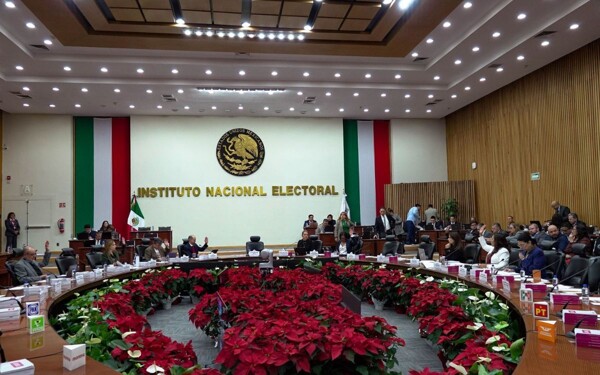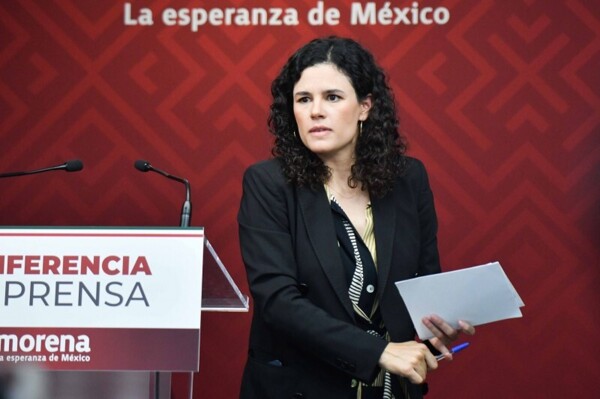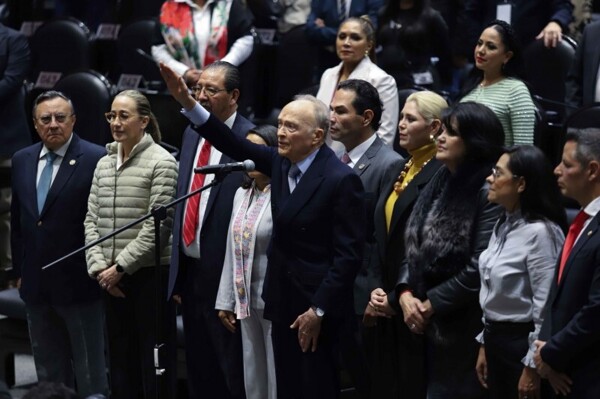
Seventy years ago, Mexico experienced a government change and an increase in social awareness about women's rights. In an interview with EFE, a former participant of 'La Casa de los Famosos México' pointed out that in 1999, when the show 'Solo para mujeres' was presented for the first time, women were unclear about when or how they could defend their rights. Actor Sergio Mayer, who participated in the project, highlighted that they sought success with something risky and disruptive, not imagining it would acquire a broader social dimension.
The idea behind 'Solo para mujeres' came from Alexis Ayala, inspired by the movie 'The Full Monty.' This show allowed women to enjoy without restrictions, in a context without social media or camera access. The docuseries inspired by this show tells the story of the show and the experiences of its participants, offering a broader and updated perspective.
With a focus on female empowerment, the docuseries reopens the discussion about this show that marked a milestone in the expression of female desire in an unconventional public space. Producer Dario Yazbek Bernal praised this innovative perspective that challenged usual power dynamics.
The 'Solo para mujeres' docuseries will premiere on May 9 on the VIX streaming platform, with a special broadcast on Canal Las Estrellas. Among the original members are Sergio Mayer, Alexis Ayala, Juan Carlos Casasola, Raúl Magaña, and Jorge Salinas.
Sergio Mayer, one of the founders of 'Solo para mujeres,' emphasized the importance of this show as a milestone that marked a moment of change in Mexico, showing that women had rights. This performance, in which prominent actors stripped part of their clothing on stage, was an unprecedented event that aligned with the country's democratic transition.














